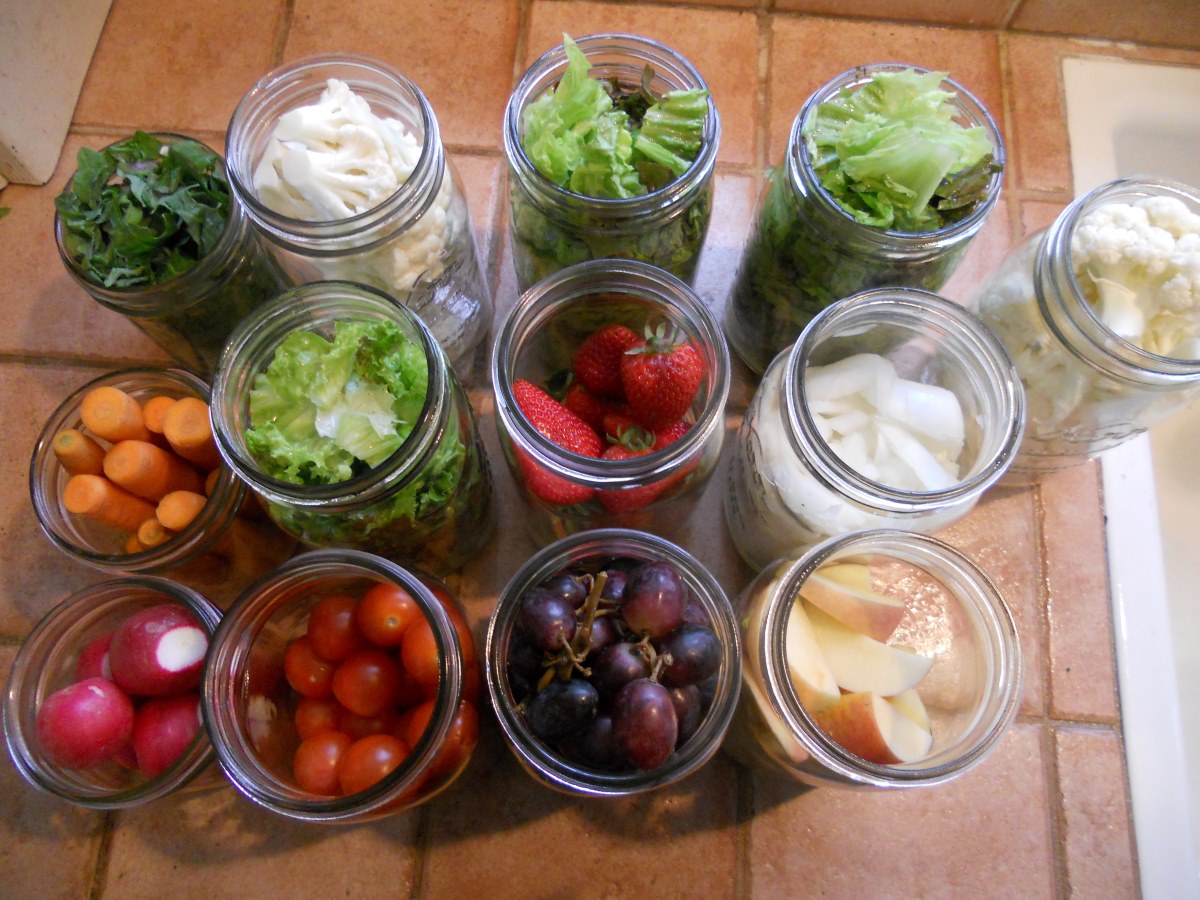

Articles
How To Store Fresh Fruit In Mason Jars
Modified: September 1, 2024
Discover the best way to store fresh fruit in mason jars with our informative articles. Keep your fruit fresh and delicious for longer with these helpful tips and tricks.
(Many of the links in this article redirect to a specific reviewed product. Your purchase of these products through affiliate links helps to generate commission for Storables.com, at no extra cost. Learn more)
Introduction
When it comes to storing fresh fruit, finding the right method can be a challenge. You want to preserve the fruit’s freshness and flavor, while also ensuring it stays in a convenient and easy-to-access form. This is where mason jars come in.
Mason jars have become increasingly popular for their versatility and ability to keep food items fresh. Not only do they provide an airtight seal, but they also add a rustic and charming touch to your kitchen decor. Storing fresh fruit in mason jars is not only practical but also a visually appealing way to showcase your favorite fruits.
In this article, we will explore the benefits of storing fruit in mason jars and guide you on how to properly store and prepare your fruit for long-term storage. We will also provide useful tips and suggestions to ensure your fruit stays fresh for as long as possible.
So, if you’re ready to pack those juicy berries, succulent peaches, and crisp apples into mason jars and enjoy their flavors even after the season ends, let’s dive into the world of fruit preservation using mason jars!
Key Takeaways:
- Mason jars offer a practical, visually appealing, and eco-friendly method for storing fresh fruit, preserving their flavors and nutritional value while showcasing their vibrant colors.
- Proper preparation, packing, and storage of fruit in mason jars ensure longevity and quality, allowing for creative culinary uses and the joy of savoring seasonal flavors year-round.
Read more: How To Store Fruit In Mason Jars
Benefits of Storing Fruit in Mason Jars
Storing fresh fruit in mason jars offers numerous advantages that make it a popular choice among home cooks and food enthusiasts alike. Here are some of the benefits:
- Prolongs Freshness: Mason jars provide an airtight seal that helps to keep the fruit fresh for a longer period. This seal prevents exposure to air, keeping the fruit from oxidizing and spoiling quickly. As a result, you can enjoy the flavors of your favorite fruits long after their peak season.
- Preserves Nutritional Value: Storing fruit in mason jars helps to preserve its nutritional value. The airtight seal protects the fruit from moisture and light, which can degrade its vitamins and minerals. This means you can still benefit from the vitamins, antioxidants, and fiber present in the fruit, even months after storing it.
- Saves Space: Mason jars are an efficient and space-saving storage solution. Their compact shape allows you to stack them easily, maximizing your storage space. This is especially beneficial if you have a small kitchen or limited pantry space.
- Showcases the Fruit: Storing fruit in mason jars not only preserves its freshness but also creates an appealing display. The transparent glass allows you to see the colorful fruits inside, adding a touch of beauty to your kitchen. It’s a great way to showcase your freshly preserved fruits and create a visually pleasing storage solution.
- Eco-friendly and Sustainable: Using mason jars for fruit storage is an environmentally friendly choice. Unlike single-use plastic containers or bags, mason jars are reusable and have a long lifespan. By reducing your dependence on disposable storage options, you contribute to the reduction of waste and help protect the environment.
Overall, storing fruit in mason jars not only preserves its freshness and flavor but also offers practicality, aesthetics, and sustainability. It’s a versatile method that allows you to enjoy seasonal fruits year-round while minimizing waste and maximizing storage space.
Choosing the Right Mason Jars
When it comes to storing fruit in mason jars, it’s essential to choose the right type and size of jars to ensure optimal preservation. Here’s what you need to consider when selecting mason jars:
- Type of Mason Jars: There are various types of mason jars available on the market, including regular-mouth and wide-mouth jars. Regular-mouth jars have a narrower opening, which is ideal for smaller fruits like berries or cherries. Wide-mouth jars have a wider opening, making it easier to pack larger fruits like peaches or apple slices. Consider your fruit size and ease of packing when deciding between regular or wide-mouth jars.
- Size of Mason Jars: Mason jars come in different sizes, ranging from half-pint to quart sizes. The size you choose depends on your storage needs and the quantity of fruit you plan to store. Consider the amount of fruit you typically consume and the available storage space in your kitchen. If you prefer smaller portions, half-pint or pint-sized jars may be suitable. For larger quantities, quart-sized jars would be more appropriate.
- Material of Mason Jars: Mason jars are typically made of glass, but there are also plastic alternatives available. Glass jars are preferred as they are non-reactive, meaning they won’t interact with the fruit’s acidity and alter its taste. Glass jars are also more durable and easier to clean. However, if you’re concerned about breakage or plan to take the fruit on-the-go, you may opt for BPA-free plastic mason jars.
- Quality and Seal: It’s crucial to choose high-quality mason jars that have a reliable seal. Before purchasing, examine the jars for any cracks or chips that could compromise the freshness of the fruit. Additionally, check the lids for signs of rust or damage. Good-quality mason jars should have a tight sealing lid that ensures a secure and airtight fit.
- Reusable and Easy to Clean: Look for mason jars that are easy to clean and reusable. Choose jars with smooth surfaces and wide openings that make it convenient to wash and sanitize. Mason jars are designed to be reused, so investing in durable and easy-to-clean ones will give you long-lasting storage options.
Consider these factors when choosing mason jars for fruit storage. By selecting the appropriate type, size, and quality of jars, you can ensure the best preservation of your fruit and enjoy the convenience and aesthetic appeal that mason jars offer.
Preparing the Mason Jars for Fruit Storage
Before you start packing your fresh fruit into mason jars, it’s important to properly prepare the jars to ensure cleanliness and prevent any potential contamination. Here are the steps to follow when preparing mason jars for fruit storage:
- Wash the Jars: Begin by washing the mason jars, lids, and bands with hot soapy water. Use a bottle brush or sponge to clean the inside and outside of the jars thoroughly. Pay extra attention to the lids and bands to remove any residue or dirt.
- Sterilize the Jars: To ensure the jars are free from bacteria and ready for fruit storage, it’s recommended to sterilize them. There are several methods you can use to sterilize the jars, such as boiling them in water for 10 minutes, using a dishwasher’s sterilization setting, or using a steam canner. Choose the method that suits your preference and follow the manufacturer’s instructions.
- Inspect the Jars: After sterilization, inspect the jars for any cracks, chips, or damage. Discard any jars that have defects, as they may compromise the seal and freshness of the fruit.
- Allow the Jars to Cool: Once the jars have been sterilized, allow them to cool down completely before filling them with fruit. Hot jars can cause the fruit to precook and become mushy, which can affect the quality and texture.
- Check the Sealing Lids: Inspect the sealing lids for any signs of damage or rust. Ensure that the rubber gaskets in the lids are in good condition and intact. If you notice any defects, replace the lids with new ones to ensure a proper seal.
- Store in a Clean and Dry Area: After the jars are clean and ready, store them in a clean and dry area until you are ready to pack them with fruit. Avoid storing them in humid or dusty spaces that could contaminate the jars before use.
By following these steps and properly preparing your mason jars, you can ensure that your fruit storage is hygienic and that your precious fruits stay fresh and delicious for an extended period. Take the time to properly clean, sterilize, and inspect the jars to maintain a high level of quality and ensure successful fruit preservation.
Selecting Fresh and Ripe Fruits
Choosing the right fruits for mason jar storage is crucial to ensure optimal flavor and longevity. Here are some tips to help you select fresh and ripe fruits for your fruit storage:
- Seasonal Fruits: Opt for fruits that are in season as they are likely to be at their peak of freshness and flavor. Seasonal fruits have been harvested at the right time and are more likely to stay fresh for longer periods when stored properly.
- Appearance: Look for fruits that have vibrant colors and are free from bruises, blemishes, or signs of decay. The skin of the fruit should be smooth and free from wrinkles or soft spots. A healthy appearance indicates that the fruit is fresh and ripe.
- Aroma: Many fruits release a distinct aroma when fully ripe. Sniff the fruit to determine if it has a pleasant and sweet scent. Avoid fruits that have an overpowering or unpleasant smell, as this may indicate overripeness or spoilage.
- Texture: Gently press the fruit to check for firmness. It should yield slightly to pressure without being too soft or mushy. Avoid fruits that are too hard or have an overly soft or grainy texture.
- Weight: Heavier fruits are often juicier and more flavorful. When selecting fruits, choose ones that feel heavier for their size, as this indicates a higher water content and freshness.
- Ripeness: Depending on the fruit, select fruits that are either fully ripe or slightly underripe. Overripe fruits may become too soft or mushy during storage, while underripe fruits may not develop their full flavor. Find the ideal balance to ensure optimal taste and texture.
Remember, different fruits have varying ripening times and storage requirements. It’s important to research the specific fruit you plan to store to determine the best stage of ripeness for that particular fruit.
By selecting fresh and ripe fruits, you can maximize the flavors and quality of your preserved fruit. With the right fruits and proper handling, you’ll be able to enjoy delicious and wholesome fruit long after their season has passed.
Washing and Prepping the Fruits
Before packing the fruits into mason jars, it’s essential to wash and prepare them properly to remove any dirt, pesticides, or bacteria. Here’s a step-by-step guide on how to wash and prep the fruits:
- Start with Clean Hands: Before handling the fruits, make sure your hands are thoroughly washed with soap and water to prevent any contamination.
- Rinse the Fruits: Place the fruits in a colander or strainer and rinse them under cool running water. Gently rub the fruits with your fingers to remove any dirt or impurities from the skin.
- Use a Fruit and Vegetable Wash (Optional): If desired, you can use a fruit and vegetable wash to further clean the fruits. Follow the instructions on the product label and ensure to rinse the fruits thoroughly after using the wash.
- Remove Stems, Leaves, and Unwanted Parts: Remove any stems, leaves, or parts of the fruit that are not edible. For example, remove the stems from strawberries or the core from apples. This step is essential for both aesthetics and to prevent any off-flavors or spoilage.
- Peel or Slice (If Desired): Depending on your preference and the type of fruit, you may choose to peel or slice the fruit before packing them into the mason jars. Peeling or slicing fruits like peaches, pears, or mangoes can make them easier to serve or consume later.
- Blanching (Optional): Some fruits may benefit from blanching before packing them into mason jars. Blanching involves briefly immersing the fruits in boiling water and then rapidly cooling them in an ice bath. This process can help retain color, texture, and nutrient content.
- Drain Excess Water: After washing and prepping the fruits, ensure to drain them well to remove any excess water. Excess moisture can lead to faster spoilage and compromise the quality of the fruits during storage.
It’s important to note that not all fruits require the same level of preparation. Some fruits, like berries, can be packed directly into the mason jars without any additional steps. Others may need more thorough cleaning or specific preparation techniques. Research the specific fruit you plan to store to determine the best washing and prepping methods.
By thoroughly washing and prepping the fruits, you can remove any contaminants and ensure the best quality and longevity for your stored fruit. Clean, fresh, and properly prepared fruits will provide you with delicious and wholesome treats to enjoy throughout the year.
When storing fresh fruit in mason jars, make sure to clean and dry the jars thoroughly before adding the fruit. Layer the fruit with a sprinkle of lemon juice to help prevent browning, and store the jars in the refrigerator to keep the fruit fresh for longer.
Packing the Mason Jars with Fruit
Now that you have selected and prepared your fruits, it’s time to pack them into the mason jars. Proper packing techniques will help maximize the space in the jars and ensure the preservation of your fruits. Here’s a step-by-step guide on how to pack the mason jars with fruit:
- Layer the Fruits: Start by layering the fruits in the jars. Begin with a single layer at the bottom, making sure not to overcrowd the fruits. Leave some space between the fruits to allow for proper circulation of air.
- Pack Firmly: Use a gentle hand to pack the fruits firmly, but avoid crushing or bruising them. As you add more fruit layers, press them down lightly to compact them. However, be mindful not to overfill the jars as it can cause the fruits to burst or the jars to break.
- Fill the Jars to the Rim: Continue layering and packing the fruits until the jar is nearly full, leaving about ½ to 1 inch of headspace from the rim. This headspace is important to allow for expansion during freezing (if applicable) and prevents the fruit from coming into contact with the lid.
- Remove Air Bubbles: After packing the fruits, use a non-metallic utensil, such as a chopstick or plastic spatula, to gently remove any air bubbles trapped between the fruit layers. This step helps prevent potential spoilage and ensures a more efficient use of space in the jar.
- Wipe the Jar Rim: Before sealing the jars, wipe the rim of each jar with a clean, damp cloth or paper towel. This step ensures there are no food particles or debris that could interfere with the sealing process.
- Secure the Lid: Place the sealing lid on top of the jar, ensuring it is centred properly. Attach the band and tighten it finger-tight. Avoid overtightening, as it may prevent the proper release of gases during storage.
- Label and Date: To easily identify the contents and keep track of storage time, label each jar with the type of fruit and the date of packing. This information will come in handy when selecting and using the stored fruit later on.
Once your mason jars are packed with fruit, they are ready for storage. Proper packing techniques will help maintain the quality and flavor of the fruits and ensure a successful fruit storage journey.
Note: The packing process may vary depending on the types of fruits you are storing and your preferred method of preservation, whether it’s canning, refrigeration, or freezing. Always refer to specific recipes or preservation methods for detailed instructions.
Optional Additions to Enhance Flavor
While fresh fruits are delicious on their own, you can further enhance their flavors by adding some optional ingredients to the mason jars. These additions can infuse the fruits with new tastes and aromas, making your preserved fruits even more tantalizing. Here are some ideas for optional additions to enhance the flavor of your stored fruits:
- Herbs and Spices: Add a touch of freshness and complexity to your fruits by including herbs and spices. For example, fresh mint leaves can complement berries or citrus fruits, while cinnamon or cloves can pair well with apples or pears. Experiment with different combinations to find your favorite flavors.
- Citrus Zest: Grate some citrus zest, such as lemon, lime, or orange, and sprinkle it over the fruits. The zest adds a burst of citrusy aroma and enhances the natural flavors of the fruits.
- Vanilla Extract: A few drops of vanilla extract can bring a subtle sweetness and depth to your fruits. It pairs well with fruits like peaches, strawberries, or cherries, enhancing their natural sweetness.
- Honey or Maple Syrup: If you prefer slightly sweeter fruits, drizzle a small amount of honey or maple syrup over the fruit layers. These natural sweeteners can complement a variety of fruits and add a touch of sweetness.
- Liqueurs or Spirits: For an adult twist, consider adding a splash of liqueur or spirit to the mason jars. Options like rum, brandy, or Grand Marnier can add depth and complexity to fruits like berries, stone fruits, or even pineapple.
- Nuts or Seeds: Sprinkle some chopped nuts or seeds over the fruit layers to add texture and a nutty flavor. Almonds, walnuts, or pumpkin seeds can be a great addition to fruits like apples or pears.
- Syrups or Fruit Juices: Pour a small amount of flavored syrup or fruit juice over the fruits to infuse them with additional flavors. For example, a splash of raspberry syrup can elevate the taste of mixed berries, or apple juice can enhance the flavors of sliced apples.
Remember to experiment with different combinations and adjust the quantities according to your preference. The optional additions mentioned above are meant to enhance the flavor profile of the fruits without overpowering their natural taste. Don’t be afraid to get creative and personalize your preserved fruits to suit your palate.
Keep in mind that these optional additions may affect the storage life and stability of the fruits. If you plan to can or freeze the fruits, ensure they are safe for long-term storage and follow proper food preservation guidelines.
Sealing and Storing the Mason Jars
Once you have packed the mason jars with your chosen fruits and optional additions, it’s crucial to seal them properly to ensure the preservation of flavors and freshness. Here are the steps to seal and store the mason jars:
- Check the Lid Seal: Before sealing the jars, ensure that the sealing lids have a tight and secure seal. Press down on the center of each lid to ensure there is no give or movement. If the lid pops back up, it indicates that the jar is not fully sealed, and you should replace the lid.
- Seal the Jars: Once you have confirmed that the lids are properly sealed, tighten the screw bands securely. Avoid over-tightening, as it can prevent the release of gases during storage. The bands should be tightened until they are finger-tight.
- Label and Date the Jars: Before storing the jars, label them with the contents and the date of packing. This information will make it easier to identify and keep track of your stored fruits. Use waterproof markers or labels to ensure the information stays intact during storage.
- Choose the Storage Method: The method of storage will depend on the type of fruits and the preservation technique employed. Mason jars can be stored in various ways, including refrigeration, freezing, or canning. Follow the specific guidelines and recommended storage methods for the fruits you have preserved.
- Refrigeration: If you plan to consume the fruits within a few weeks, refrigeration is a suitable method. Place the sealed mason jars in the refrigerator and ensure they are kept at a consistent temperature to maintain freshness.
- Freezing: Freezing is a popular method for long-term fruit preservation. If you choose to freeze the fruits, ensure that the mason jars are freezer-safe and leave enough headspace to account for the expansion of the fruits during freezing. Label the jars with the freezing date and consume the fruits within the recommended storage time.
- Canning: If you plan to can the fruits, follow the specific canning process for the type of fruit you are preserving. This typically involves submerging the sealed mason jars in a boiling water bath or pressure canning to create a vacuum seal. Properly canned fruits can be stored at room temperature for an extended period of time.
- Choose the Storage Location: Regardless of the storage method, select a suitable location to store the mason jars. Ensure the area is cool, dry, and away from direct sunlight or heat sources, as these can compromise the quality and shelf life of the fruits.
Properly sealed and stored mason jars will help preserve the flavors and freshness of your fruits. Follow the recommended storage guidelines and specific instructions for your chosen preservation technique to ensure the best results and longest storage life.
Remember to periodically check the jars for any signs of spoilage, such as mold growth, unsealed lids, or strange odors. If you notice any issues, discard the affected jars to prevent cross-contamination and ensure the safety of your stored fruits.
Read more: How To Store Mason Jars
Monitoring and Checking for Spoilage
Once you have sealed and stored the mason jars with your preserved fruits, it’s important to monitor them periodically to ensure they remain safe to eat and free from spoilage. Here are some steps to help you monitor and check for any signs of spoilage:
- Regular Inspections: Regularly inspect the mason jars for any visible signs of spoilage, such as mold growth, discoloration, or cloudiness. Pay attention to the lids, as they can indicate if the jars are properly sealed. If you notice any signs of spoilage, discard the jar immediately.
- Check for Unsealed Lids: Gently press down on the center of each lid to check for a proper seal. If the lid is intact and does not pop back, it indicates a secure seal. However, if the lid pops back or moves, it’s a sign that the jar is not properly sealed, and you should discard the contents.
- Spoilage Signs: When inspecting the jars, be on the lookout for any signs of spoilage, such as an off-putting odor, gas bubbles, or liquid leakage. These are indications that the fruits may have spoiled, and consuming them can be harmful to your health.
- Use Your Senses: Trust your senses when assessing the stored fruits. Visually inspect their appearance, checking for any changes in color, texture, or presence of mold. Smell the contents of the jar to detect any unusual or foul odors. If anything looks or smells off, err on the side of caution and discard the jar.
- Examine the Fruit: When you’re ready to consume the preserved fruits, examine them individually before using them. Look for any signs of spoilage, such as softness, mushiness, or an unpleasant texture. If any fruit appears questionable, it’s best to discard the entire jar.
- Consume Within recommended time: Be mindful of the recommended storage time for the preserved fruits. Different preservation methods and fruits have varying shelf lives. It’s crucial to consume the fruits within the recommended timeframe to ensure their quality and safety.
Monitoring and checking for spoilage is essential to ensure the safety and enjoyment of your preserved fruits. Regular inspections and using your senses will help you identify any signs of spoilage and take appropriate actions to prevent consumption of compromised fruits.
Remember, when in doubt, it’s better to be cautious and discard any jars or fruits that appear questionable. Your health and well-being should always be a priority when it comes to consuming preserved foods.
Tips for Using Stored Fruit
Now that you have successfully preserved your fruits in mason jars, it’s time to enjoy them in various culinary creations. Here are some tips for using your stored fruit in delicious and creative ways:
- Enjoy as a Snack: Stored fruits make for a convenient and healthy snack option. Whether it’s a jar of mixed berries or sliced peaches, having them readily available allows you to enjoy a quick and nutritious snack on the go.
- Add to Breakfast: Spruce up your morning meal by incorporating the stored fruits into your breakfast routine. Top your cereal, oatmeal, or yogurt with a spoonful of preserved berries, peaches, or mangoes for a burst of natural sweetness.
- Create Fruit Salads: Combine a variety of preserved fruits to create colorful and refreshing fruit salads. Add some freshly squeezed citrus juice or a drizzle of honey for extra flavor. Chilled fruit salads can be a perfect summertime treat or a healthy dessert option year-round.
- Bake into Pies and Tarts: Use your preserved fruits as fillings for delectable pies and tarts. Whether it’s a classic apple pie, a tangy raspberry tart, or a juicy peach cobbler, the preserved fruits will add natural sweetness and a burst of flavor to your baked goods.
- Blend into Smoothies: Frozen preserved fruits are perfect for adding to smoothies. Blend them with yogurt, milk, or your choice of liquid to create delicious and refreshing smoothies packed with vitamins and antioxidants. Experiment with different fruit combinations to find your favorite flavor profiles.
- Create Fruit Sauces and Compotes: Simmer your preserved fruits with a hint of sugar, spices, and a splash of lemon juice to create flavorful fruit sauces and compotes. These can be used as toppings for pancakes, waffles, ice cream, or even as a fruity sauce for savory dishes like roasted meats.
- Add to Baked Goods: Incorporate your preserved fruits into baked goods such as muffins, bread, or cakes. Fold them into the batter for bursts of fruity goodness. The natural sweetness and moisture from the fruits can elevate the flavor and texture of your baked treats.
- Pair with Cheeses and Charcuterie: Serve your preserved fruits alongside a cheese and charcuterie board. The sweetness and acidity of the preserved fruits can complement the flavors of various cheeses and cured meats, creating a perfect balance of tastes.
- Make Fruit Infused Beverages: Use your preserved fruits to infuse flavors into plain water, tea, or cocktails. Drop a few slices of preserved citrus fruits or berries into your drinks for a refreshing and visually appealing twist.
- Share with Friends and Family: Don’t forget to share the joy of your preserved fruits with your loved ones. Package up small jars as thoughtful homemade gifts or bring them to gatherings as a tasty addition to potluck meals. Sharing your preserved fruits allows others to enjoy the fruits of your labor.
These tips offer just a glimpse of the possibilities for using your stored fruits. Get creative in the kitchen and experiment with different recipes and flavor combinations to make the most of your preserved fruits throughout the year.
Remember to store any opened jars of preserved fruits in the refrigerator and consume them within the recommended timeframe. Proper storage and handling will help maintain the quality and safety of the fruits.
Enjoy the flavors of the seasons, even when they are long gone, by using your preserved fruits in various culinary delights!
Conclusion
Preserving fresh fruit in mason jars is a wonderful way to extend the enjoyment of seasonal produce and savor their flavors throughout the year. Mason jars provide a practical, visually appealing, and versatile method of storing fruit while maintaining their freshness and nutritional value.
We explored the benefits of storing fruit in mason jars, including prolonging the freshness of the fruits, preserving their nutritional value, saving space, showcasing the vibrant colors of the fruits, and promoting eco-friendliness in our storage practices.
Choosing the right mason jars, properly preparing them for fruit storage, selecting fresh and ripe fruits, and washing and prepping them thoroughly are essential steps in the preservation process. Packing the mason jars with care, considering optional additions to enhance the flavor, sealing them properly, and storing them in appropriate conditions are key to ensuring the longevity and quality of the stored fruits.
Monitoring and checking for spoilage, as well as following recommended storage guidelines, are important for maintaining the safety and freshness of the preserved fruits. Ultimately, the goal is to savor the stored fruits in various delicious ways, from snacks and breakfasts to baked goods and beverages, and to share the joy of preserved fruits with friends and family.
In conclusion, with mason jars as our trusty allies, we can embrace the bounty of the seasons and enjoy the flavors and goodness of fresh fruits at any time. So, grab those mason jars, choose your favorite fruits, and embark on a journey of preserving the essence of each season for months to come.
Frequently Asked Questions about How To Store Fresh Fruit In Mason Jars
Was this page helpful?
At Storables.com, we guarantee accurate and reliable information. Our content, validated by Expert Board Contributors, is crafted following stringent Editorial Policies. We're committed to providing you with well-researched, expert-backed insights for all your informational needs.
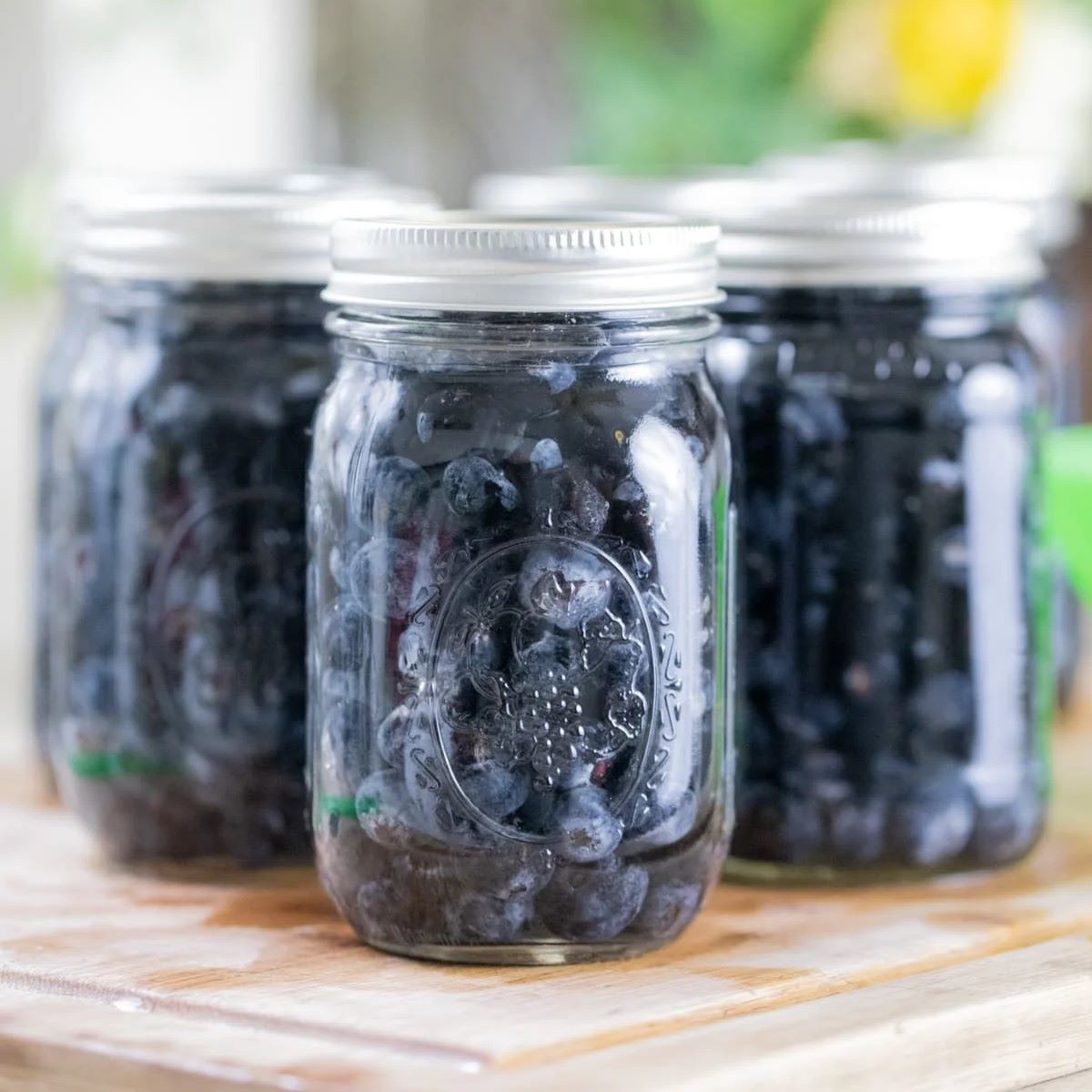
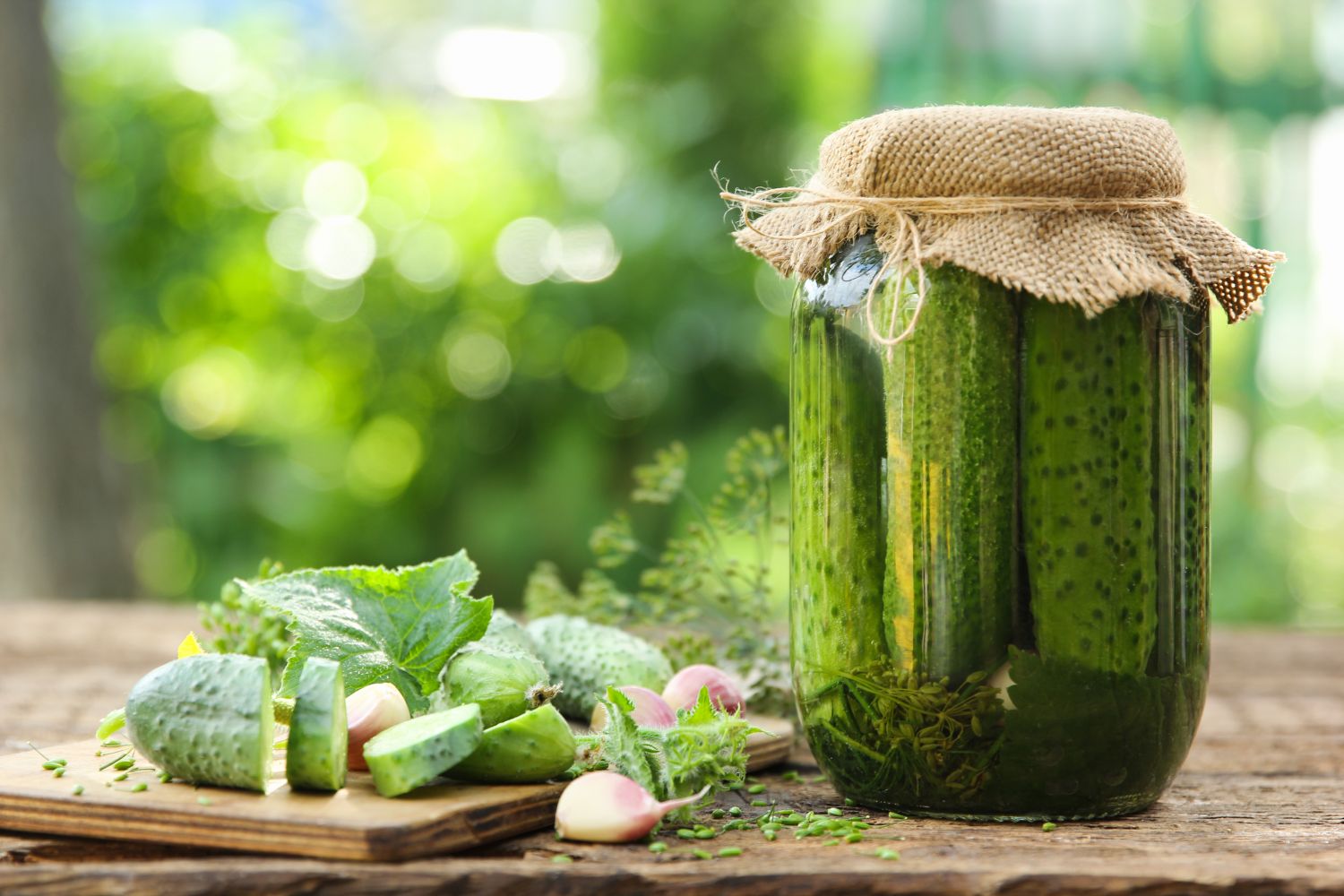
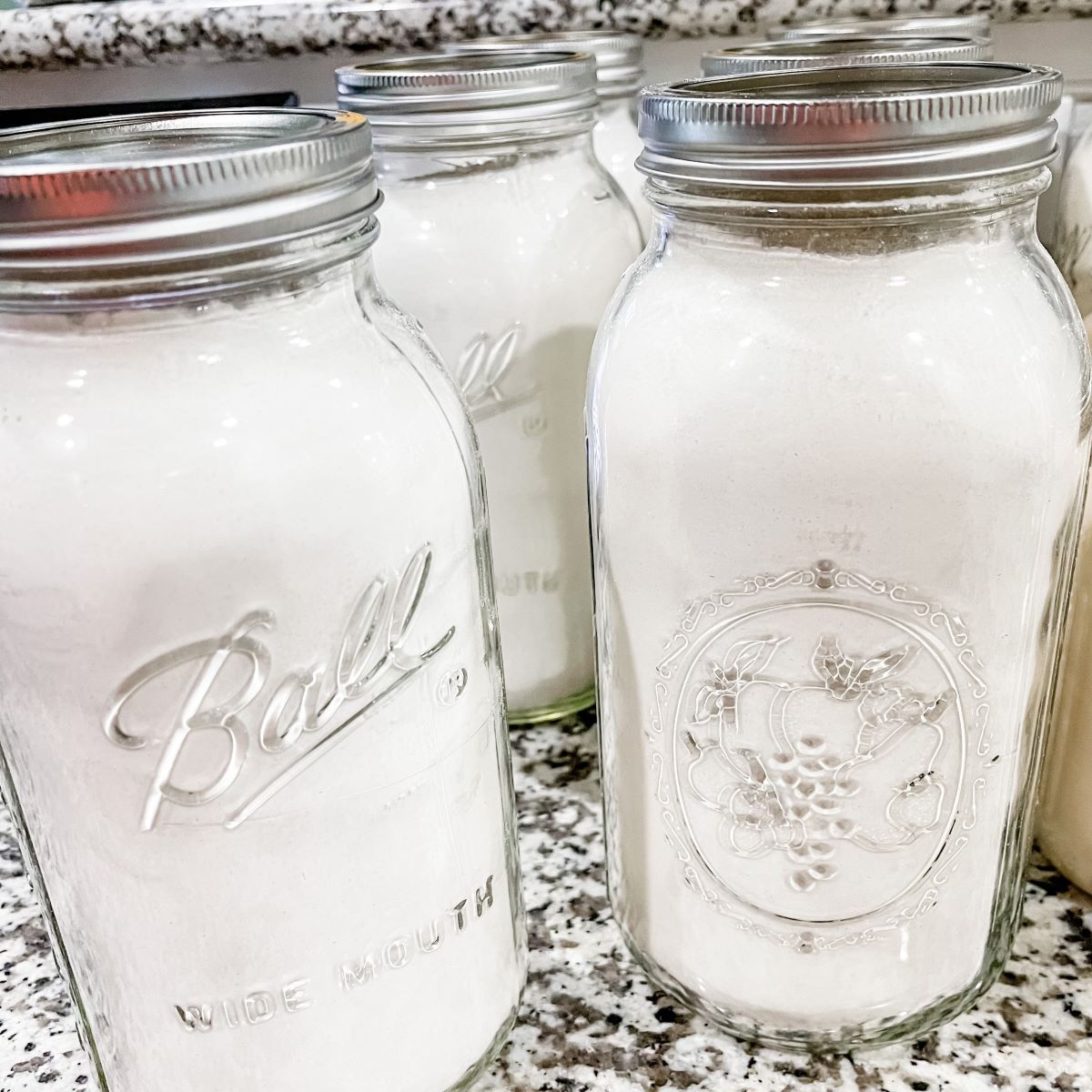
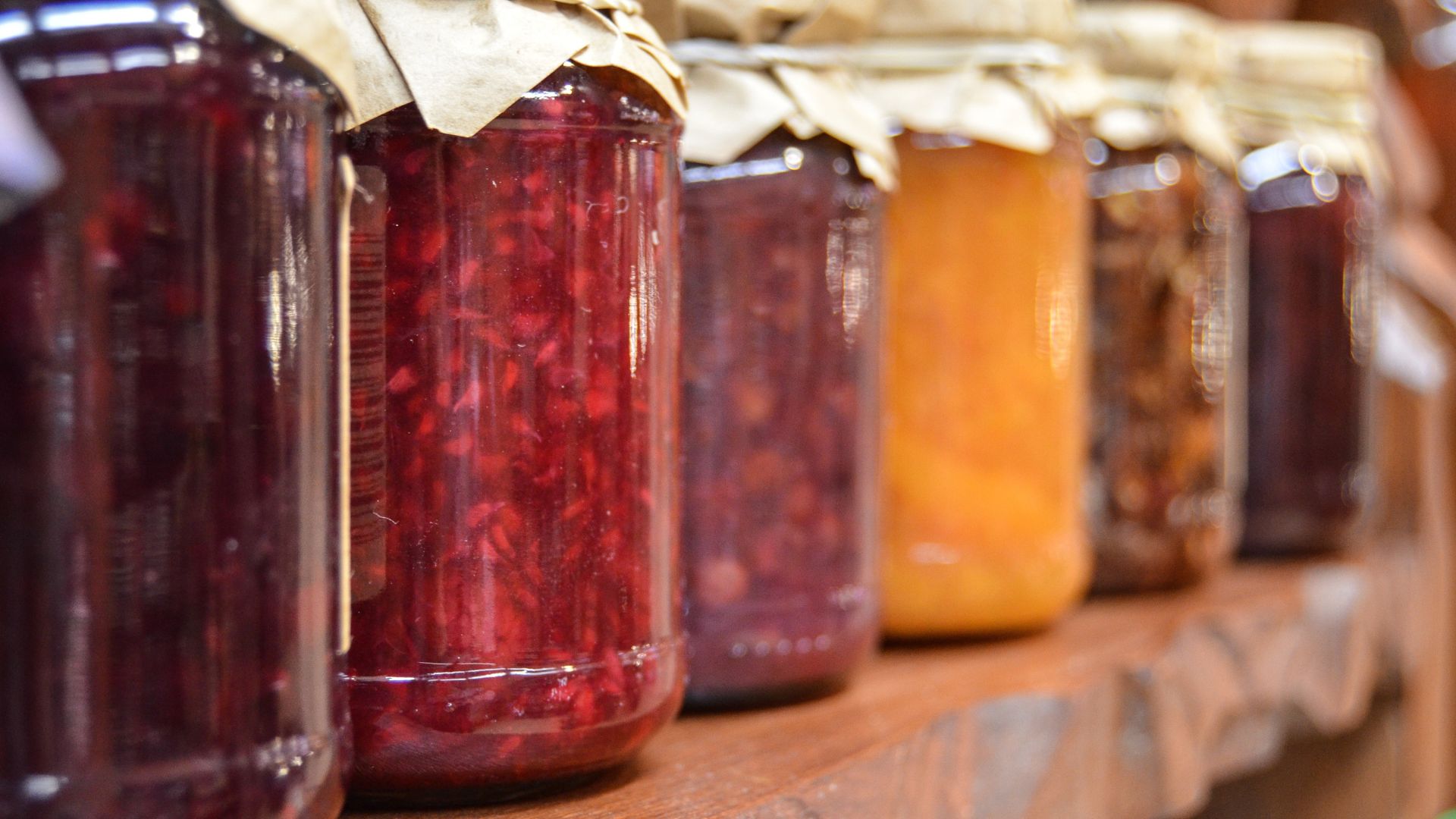
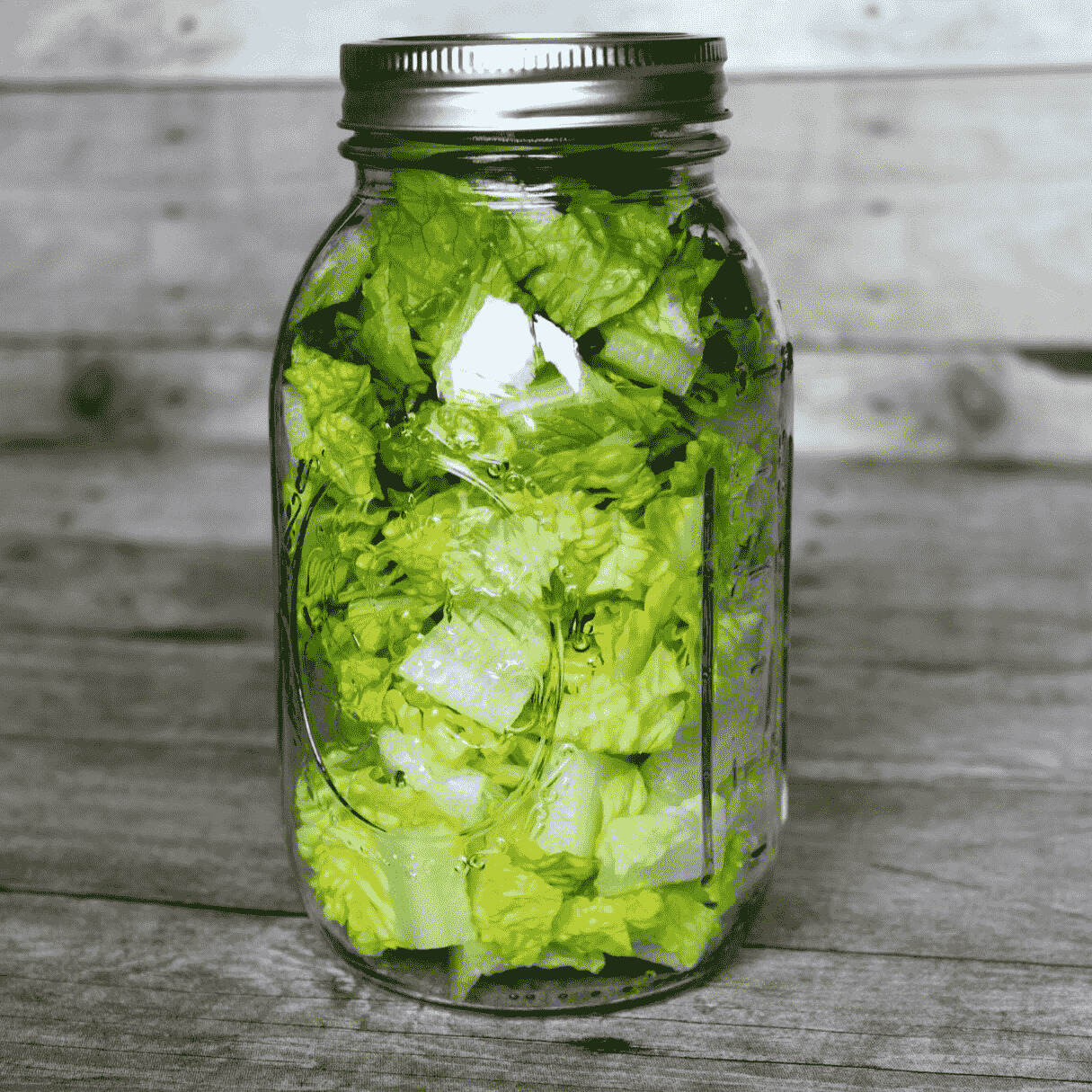
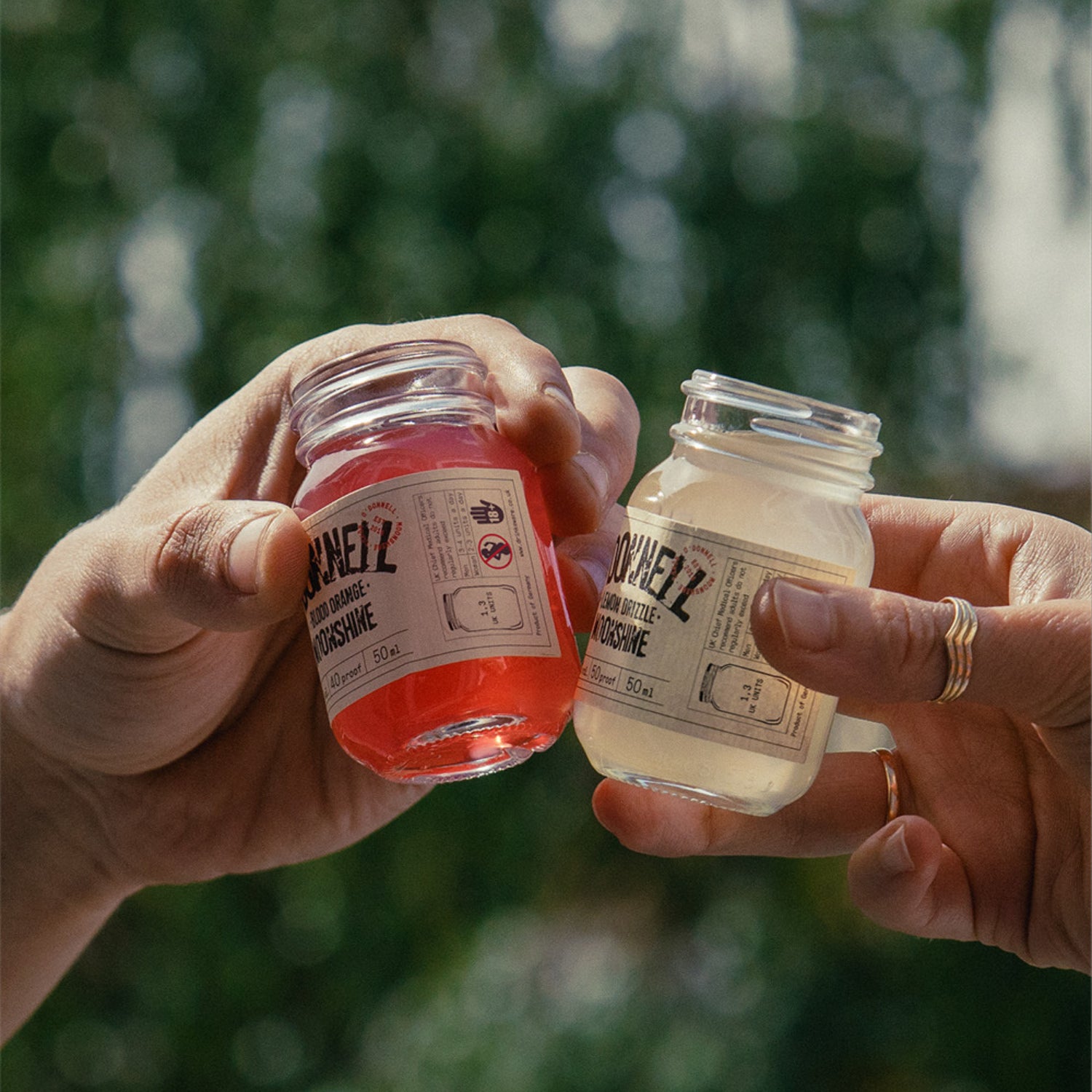
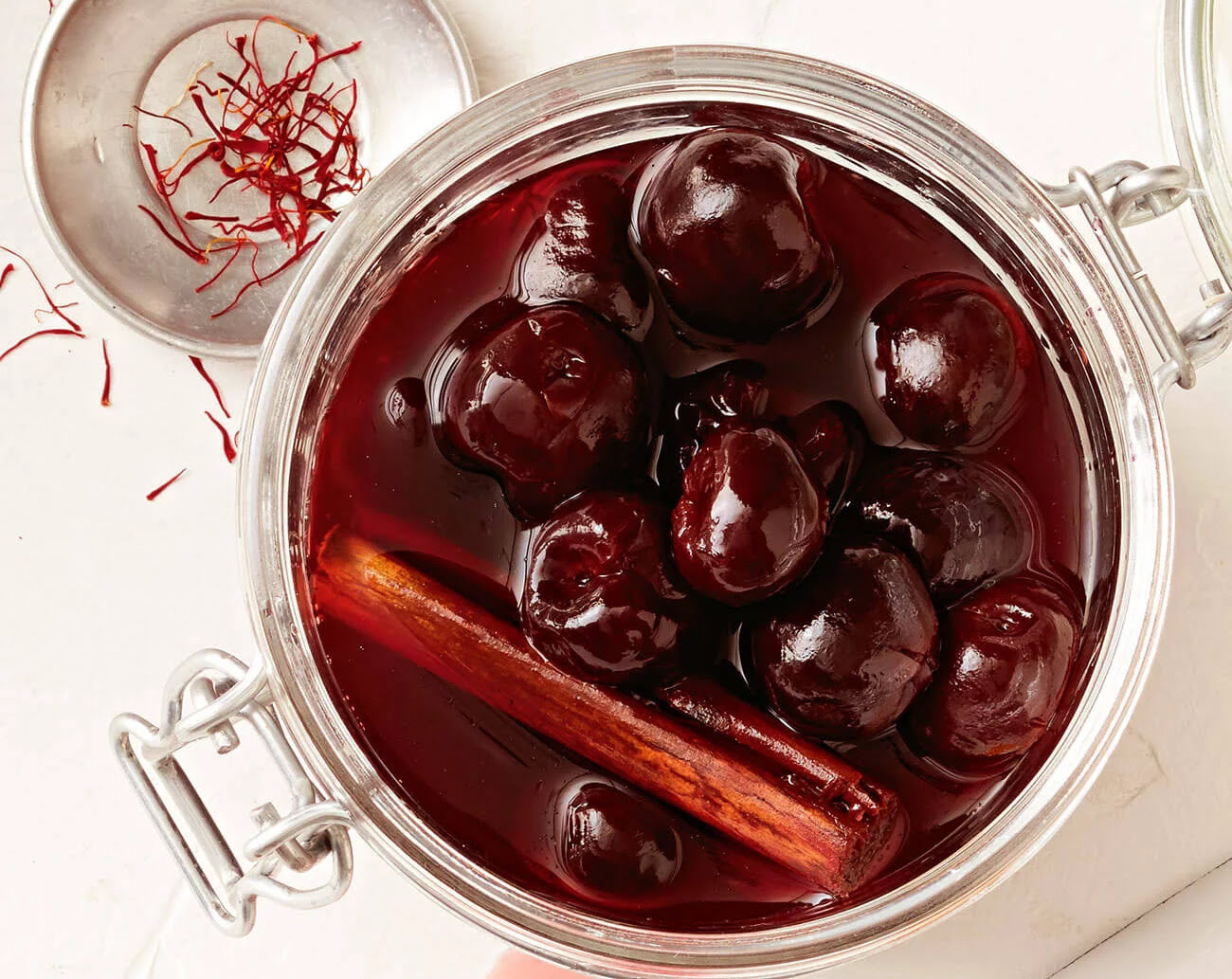
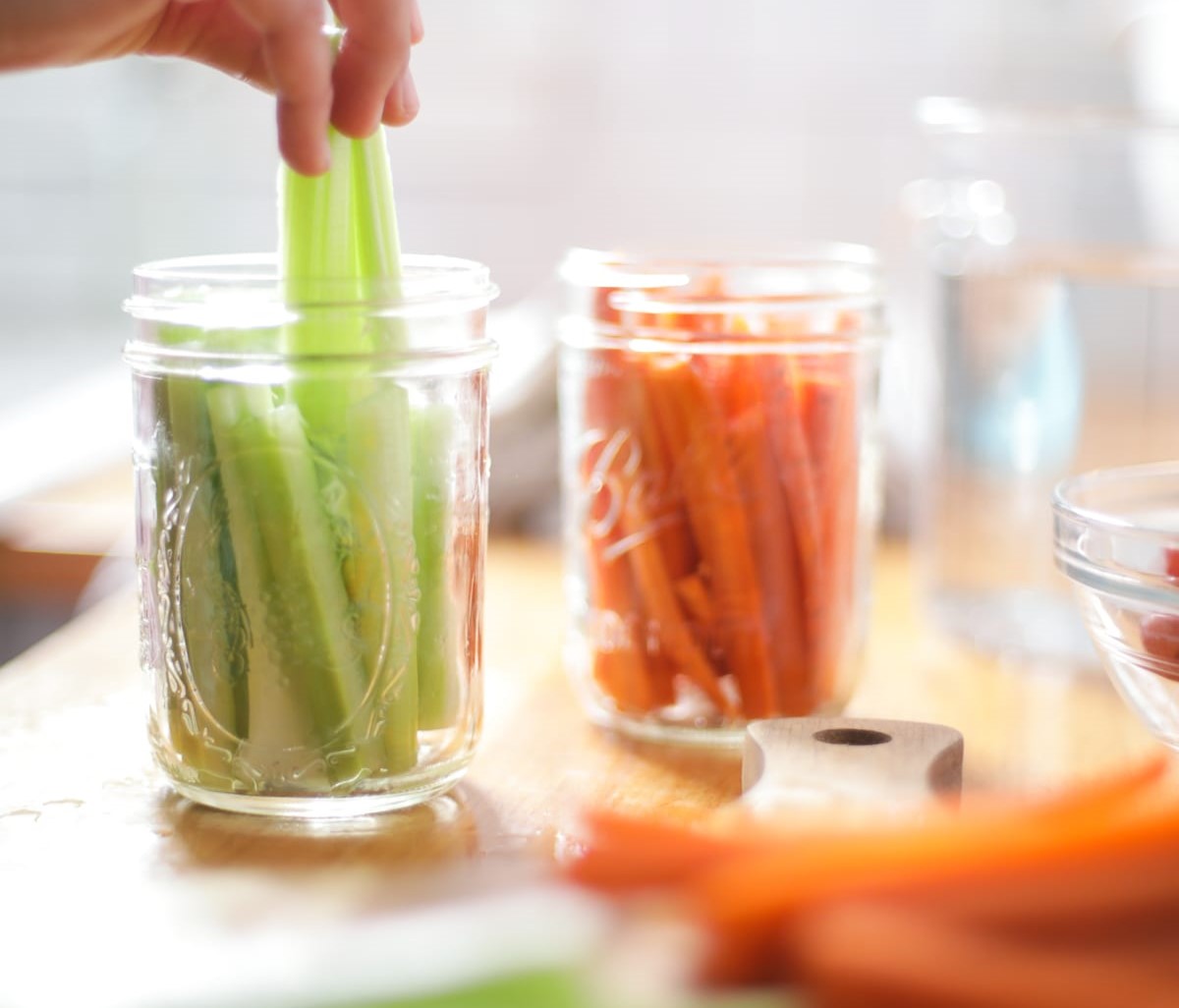
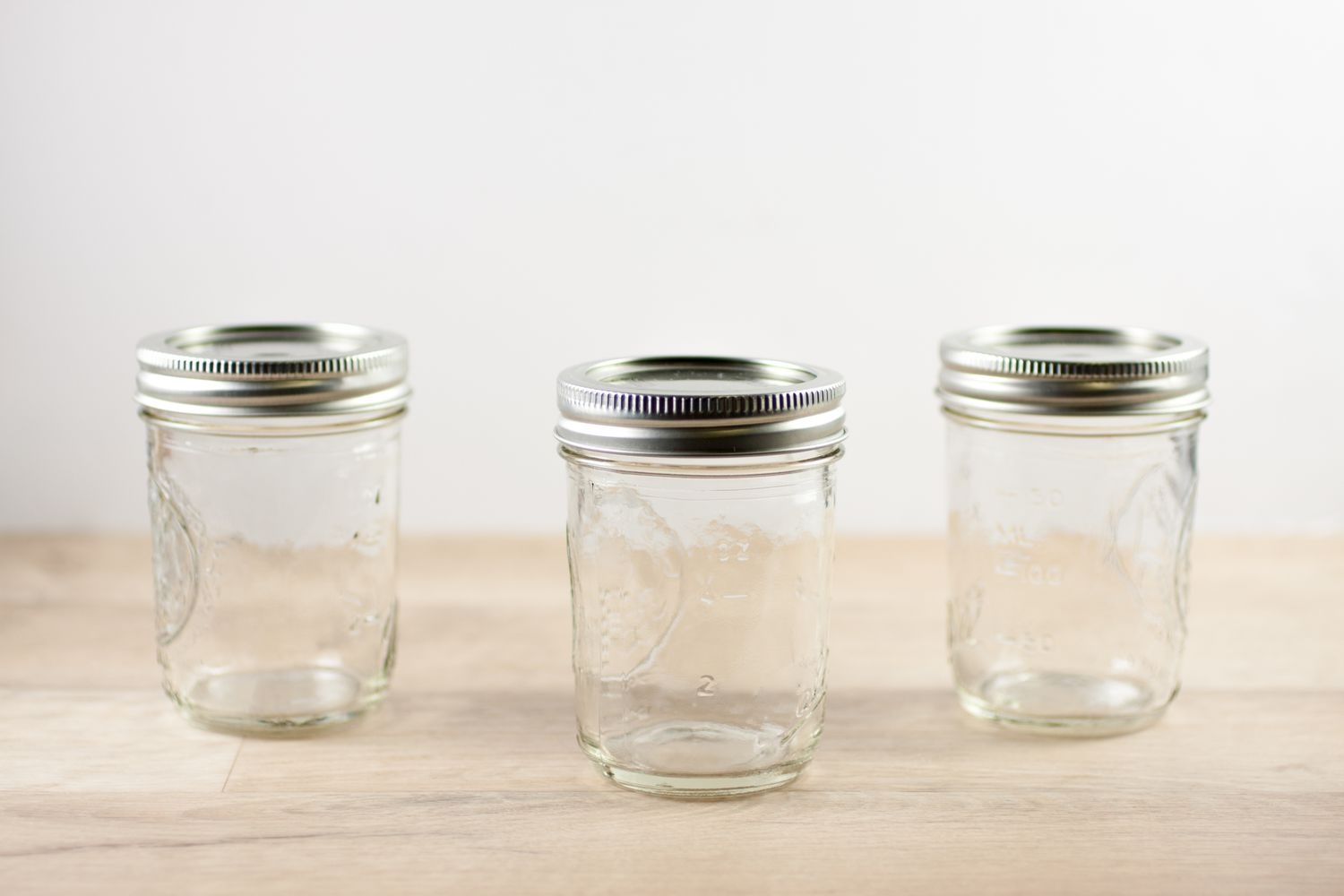
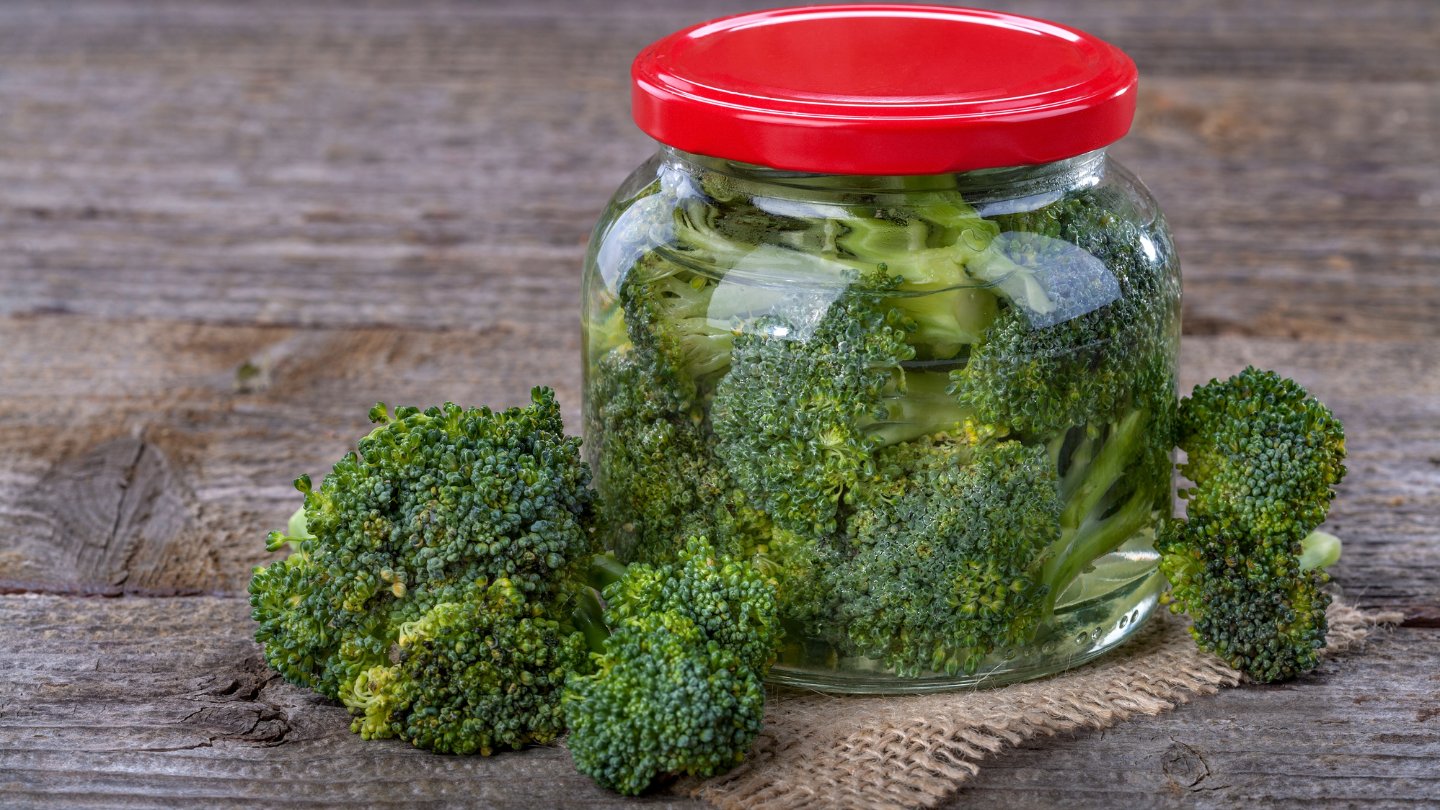
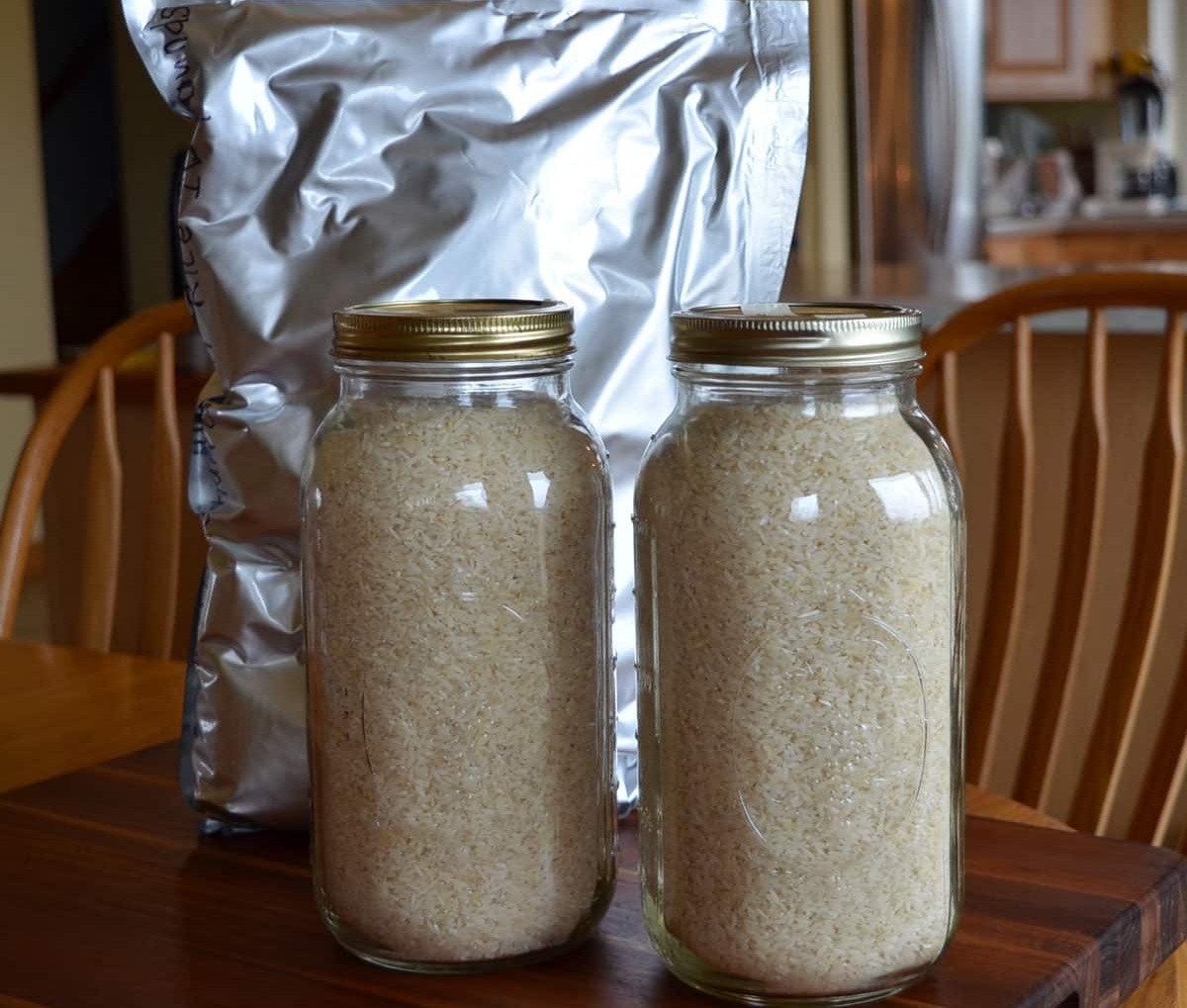
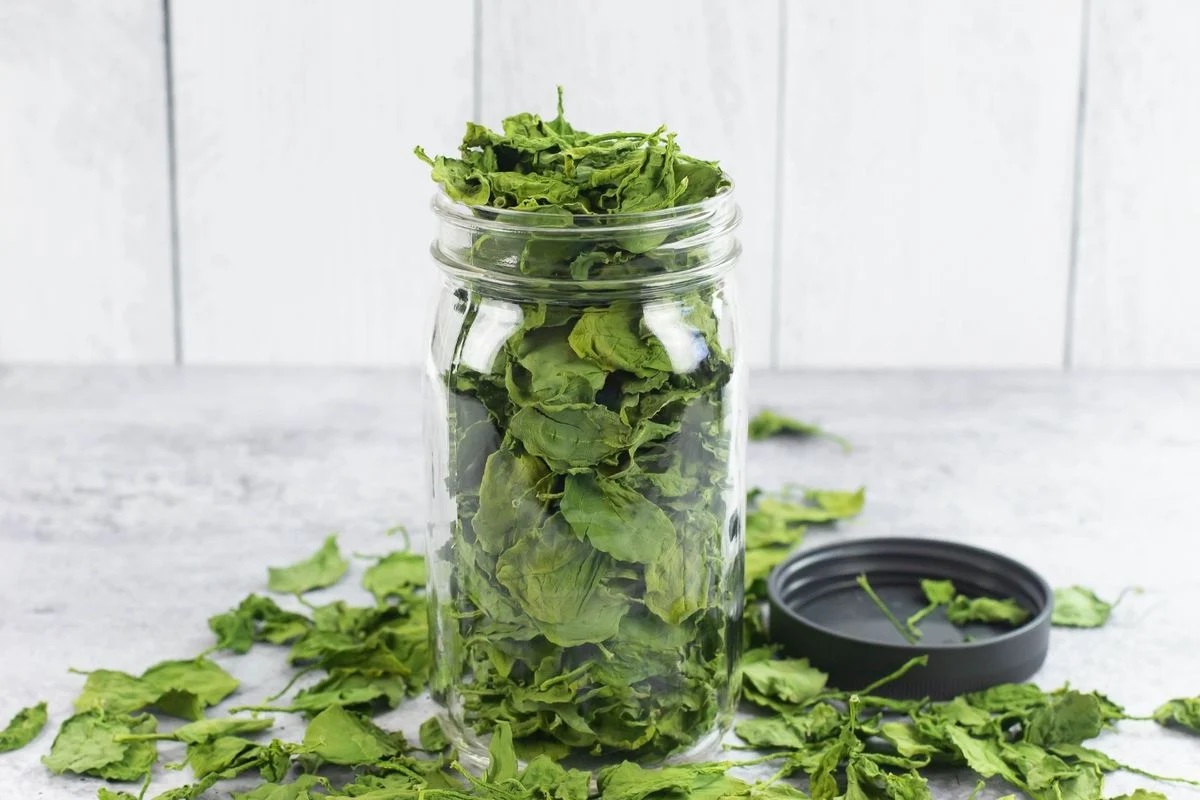
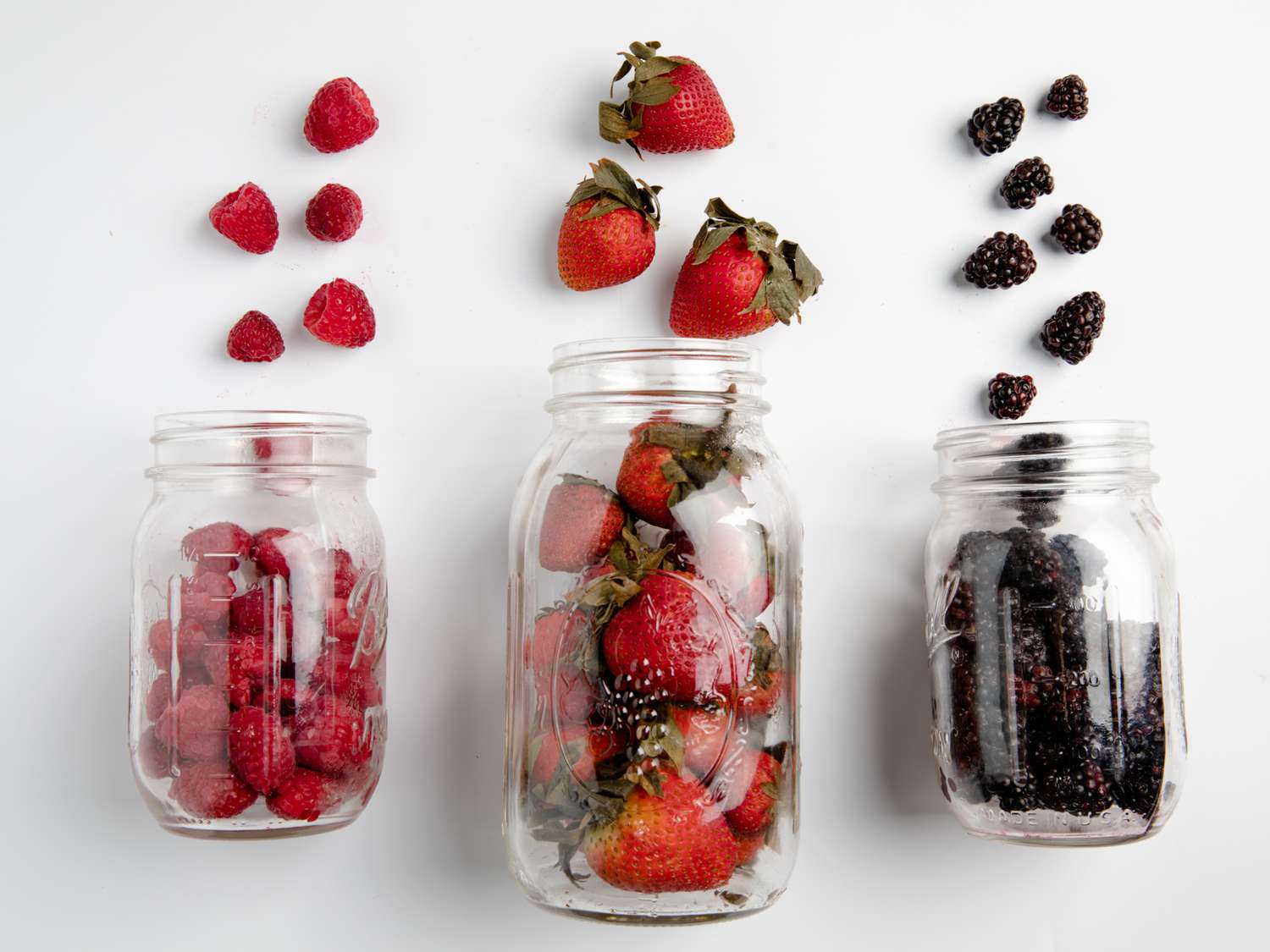

0 thoughts on “How To Store Fresh Fruit In Mason Jars”